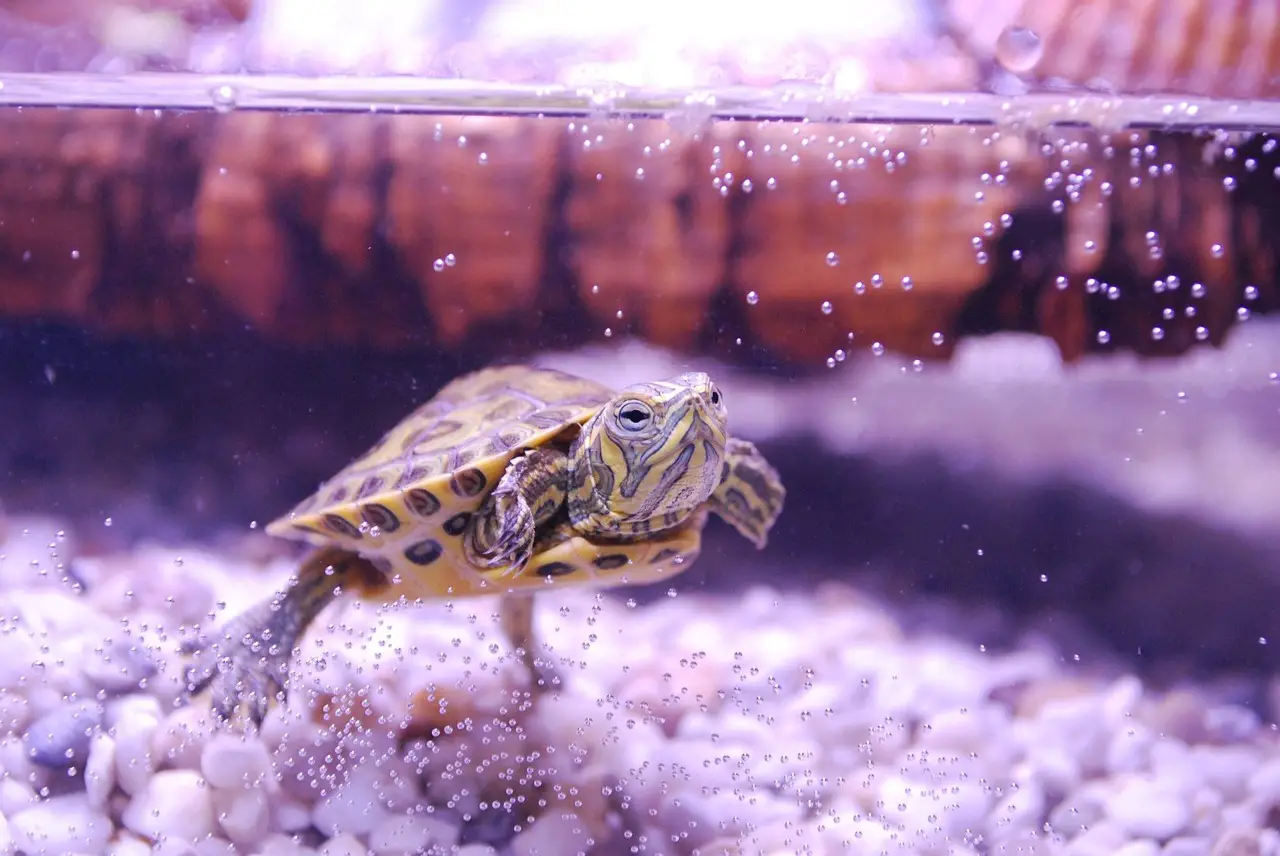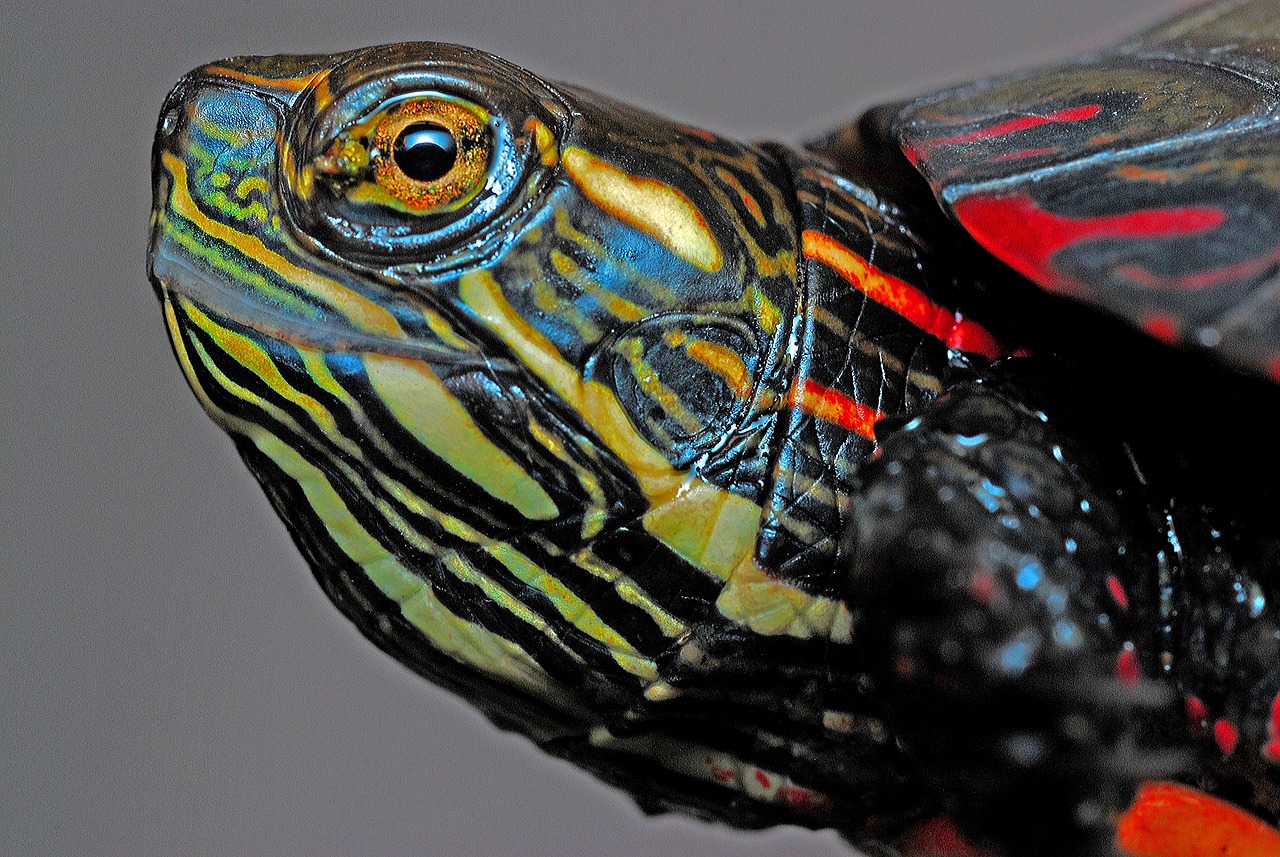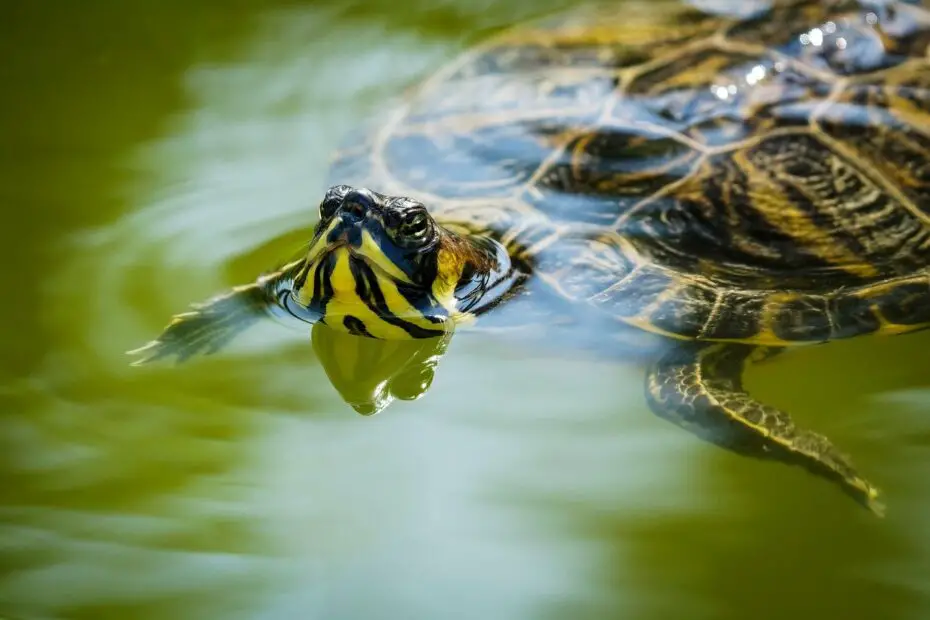Keeping turtles as pets can be a rewarding and fascinating experience. These shelled reptiles have unique dietary needs that require careful attention to ensure their health and well-being. In this article, we will explore the question, “What do turtles eat as pets?” and provide a comprehensive feeding guide to help you provide a balanced and nutritious diet for your pet turtle.
You may also want to read about the best food for a red-eared slider.
1. Understanding the Dietary Needs of Turtles
The Importance of a Balanced Diet
A balanced diet is essential for the overall health and longevity of pet turtles. Turtles are omnivores, meaning they consume a combination of plant and animal matter. Their diet should consist of a variety of foods that offer the necessary nutrients, vitamins, and minerals for proper growth and development.
2. Plant-Based Foods for Pet Turtles
Leafy Greens and Vegetables
Leafy greens and vegetables form a significant part of a turtle’s diet. Include a variety of options such as:

- Romaine Lettuce
- Collard Greens
- Kale
- Mustard Greens
- Turnip Greens
- Dandelion Greens
- Spinach (in moderation)
Aquatic Plants
Aquatic plants are also crucial for pet turtles, as they mimic their natural habitat. Consider offering:
- Duckweed
- Water Lettuce
- Water Hyacinth
- Anacharis
- Water Fern
Fruits
Fruits can be given to turtles as a treat or occasional dietary addition. Offer small portions of:
- Strawberries
- Blueberries
- Melons
- Apples
- Bananas
3. Animal-Based Foods for Pet Turtles
Protein Sources
Protein is an essential component of a turtle’s diet, particularly for growing turtles. Ensure they receive adequate protein by offering:
- Commercial Turtle Pellets
- Feeder Fish (minnows, guppies)
- Insects (mealworms, crickets, earthworms)
- Cooked Chicken or Turkey (in moderation)
Calcium Supplements
To support the development of a turtle’s shell and overall bone health, calcium supplements are crucial. Dusting their food with a reptile-specific calcium powder is recommended, following the manufacturer’s instructions.

4. Feeding Guidelines and Tips
Portion Control
It is important to feed your turtle the appropriate amount to prevent overfeeding and obesity. A general guideline is to offer an amount of food that the turtle can consume within 15 minutes, removing any uneaten portions afterward.
Variety and Rotation
To provide a diverse and engaging diet, offer a variety of foods and rotate them regularly. This ensures that your turtle receives a range of nutrients and prevents boredom.
Consistency and Hydration
Maintaining a consistent feeding schedule is crucial for the health of your pet turtle. Additionally, providing fresh, clean water for drinking and soaking is essential to keep them hydrated.
Conclusion
What Do Turtles Eat as Pets? Understanding what turtles eat as pets is fundamental to their care and well-being. By offering a balanced diet that includes plant-based foods, protein sources, and calcium supplements, you can ensure the nutritional needs of your pet turtle are met. Remember to provide variety, portion control, and consistent hydration to support their overall health and longevity.
FAQs
- Can turtles eat meat?
- Yes, turtles can eat meat. They require a balanced diet that includes both plant-based foods and protein sources.
- Are there any foods that turtles should avoid?
- Yes, some foods are toxic or harmful to turtles. Avoid feeding them dairy products, processed foods, sugary snacks, and foods high in salt or spices.
- How often should I feed my pet turtle?
- The frequency of feeding depends on the age and species of the turtle. As a general guideline, adult turtles can be fed every other day, while younger turtles may require daily feeding.
- Can turtles eat commercial turtle food exclusively?
- While commercial turtle food provides essential nutrients, it is recommended to supplement it with fresh, natural foods to ensure a varied and balanced diet.
- Do turtles need vitamins and supplements?
- Turtles may require additional vitamins and supplements, such as calcium and vitamin D3, to support their shell and bone health. Consult a reptile veterinarian for specific recommendations.
